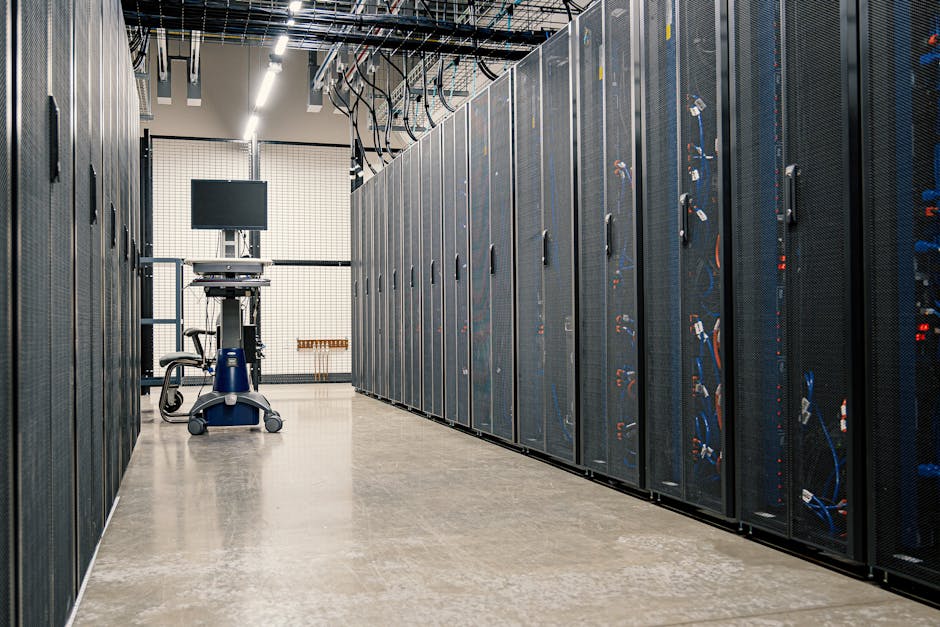Revolutionizing Global Connectivity: The Starlink Era

Introduction to Starlink
Starlink is a satellite constellation developed by SpaceX, a private aerospace manufacturer and space transport services company founded by Elon Musk. The project aims to provide high-speed, low-latency internet connectivity across the globe, especially in areas where traditional fiber-optic infrastructure is lacking or non-existent. With its innovative technology and ambitious goals, Starlink is set to revolutionize the way we access the internet.
The Technology Behind Starlink
Starlink uses a constellation of low-Earth orbit (LEO) satellites, which are deployed at an altitude of approximately 550 kilometers. Each satellite is equipped with a sophisticated system of antennas, transceivers, and other communication equipment, allowing it to communicate with user terminals on the ground. The satellites are designed to be highly efficient, with a lifespan of around 5 years, after which they will be deorbited and replaced with new satellites.
Benefits of Starlink
Starlink offers several benefits over traditional satellite internet services, including lower latency, higher speeds, and greater reliability. The constellation’s LEO orbit allows for reduced latency, as signals have to travel shorter distances, resulting in faster data transfer rates. Additionally, Starlink’s satellite design and deployment strategy enable the provision of high-speed internet connectivity to remote and underserved areas, bridging the digital divide and promoting global connectivity.
Challenges and Controversies
Despite its potential, Starlink is not without challenges and controversies. One of the primary concerns is the risk of space debris, as the large number of satellites in the constellation could potentially collide with other objects in orbit, generating hazardous debris. Furthermore, there are concerns about the impact of Starlink on the night sky, as the satellites’ reflective surfaces could interfere with astronomical observations.
Conclusion
In conclusion, Starlink is a groundbreaking project that has the potential to revolutionize global connectivity. With its innovative technology, ambitious goals, and potential benefits, Starlink is set to make a significant impact on the way we access the internet. However, it is essential to address the challenges and controversies surrounding the project, ensuring that the benefits of Starlink are realized while minimizing its negative impacts.




